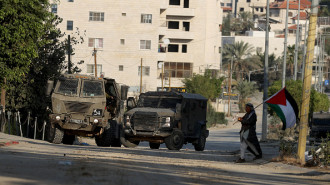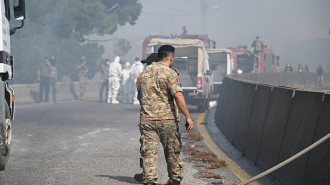At least 2,355 civilians killed in Yemen war: UN
The office of the UN human rights chief says 151 civilians have been killed in fighting in Yemen over two weeks in September, taking the civilian death toll to 2,355 over the last six months.
The office of the High Commissioner for Human Rights cited both sides of the conflict including a Saudi-led coalition supporting Yemen's government, and Shia rebels, known as Houthis, and others. Spokesman Rupert Colville pointed to coalition airstrikes and "indiscriminate" shelling in residential areas.
OHCHR wants the coalition and Yemen's government to allow "independent and impartial" investigations in Yemen.
The agency's latest count, which dates to 24 September, does not include casualties from an alleged air strike on a wedding party in Taiz that UN officials say may have killed 130 people or more.
In the ongoing fighting on the ground, Arab media reported on Monday that Saudi-led coalition forces had reached the outskirts of the Marib dam to the east of Sanaa, and had destroyed arms depots there.
The fighting in Marib, where coalition and government-allied troops have massed, has progressed slowly.
The airstrikes came as the Saudi army announced Sunday that one of its generals was killed while on duty in the kingdom's Jizan province near the border with Yemen.
He is the second high-ranking Saudi military official to have been killed on the border this weekend.
A colonel and another border guard died late Friday in a gun battle after a landmine blast along the frontier with Yemen, according to the Saudi interior ministry.
In late March, a Saudi-led coalition launched a military campaign against the Houthi insurgents to stop them from taking control of the whole country.
Around 70 people, mostly soldiers, have been killed in Saudi Arabia from border shelling and skirmishes since the coalition campaign began.
Separately on Sunday, Yemen's President Abd-Rabbo Mansour Hadi urged the Houthis to lay down their arms and resume dialogue to end Yemen's conflict, as he left for the UN General Assembly.
The embattled leader, returned Wednesday to the southern city of Aden after a nearly six-month exile.
"I am open to all efforts seeking a political solution," Hadi said in a letter addressed to King Salman of Saudi Arabia, where the Yemeni leader took shelter in March after rebels advanced on Aden, his last refuge at the time after having escaped house arrest in Houthi-controlled Sanaa.
Hadi also called on rebels "to end their coup, surrender weapons ... and return to the dialogue table, to implement the UN Security Council Resolution 2216," which demands the insurgents withdraw from territories they have occupied.
The rebels overran Sanaa almost unopposed in September last year and went on to expand their control zone into several regions, aided in fierce fighting against pro-Hadi forces by renegade troops loyal to ousted president Ali Abdullah Saleh.
In July, government-allied forces backed by a Saudi-led Arab coalition evicted the rebels from Aden and four other southern provinces, and they have since set their sights on advancing on Sanaa.
In a letter to Hadi, King Salman congratulated Hadi on his return to Aden and pledged support to the internationally-recognised president.
"We in the coalition stand firmly, with all our strength, by your side... to protect your country," Salman wrote.

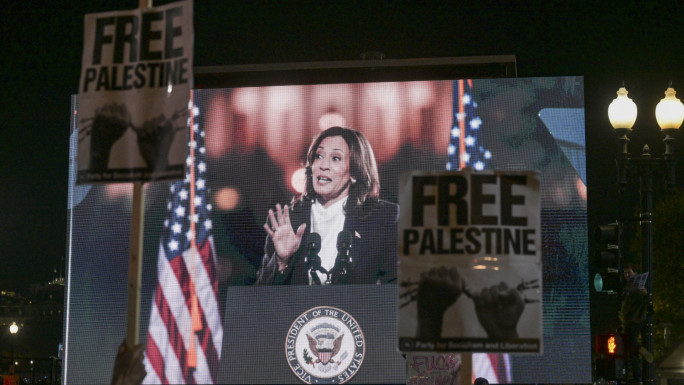

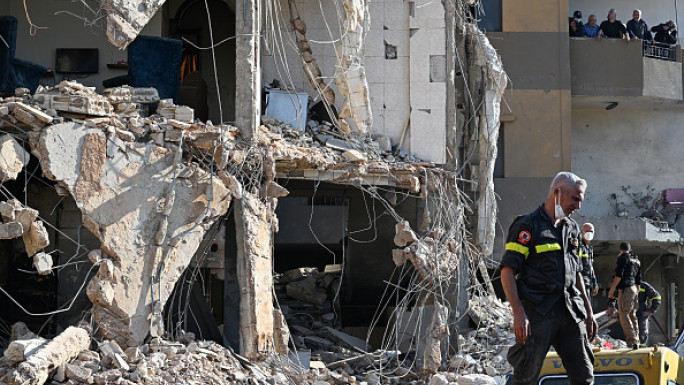
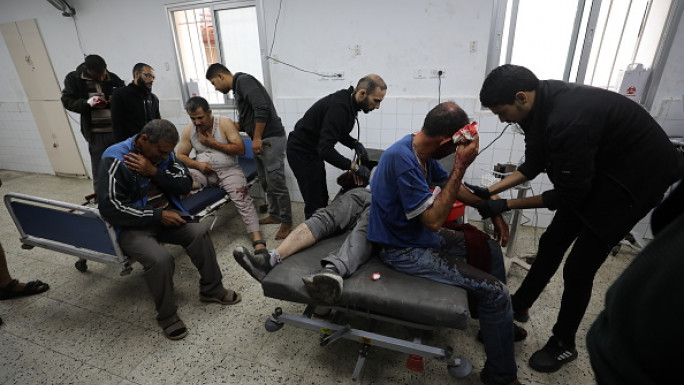
 Follow the Middle East's top stories in English at The New Arab on Google News
Follow the Middle East's top stories in English at The New Arab on Google News
![French Foreign Minister Jean-Noel Barrot [Getty]](/sites/default/files/styles/image_330x185/public/2182722851.jpeg?h=a5f2f23a&itok=UD_yRfLZ)
